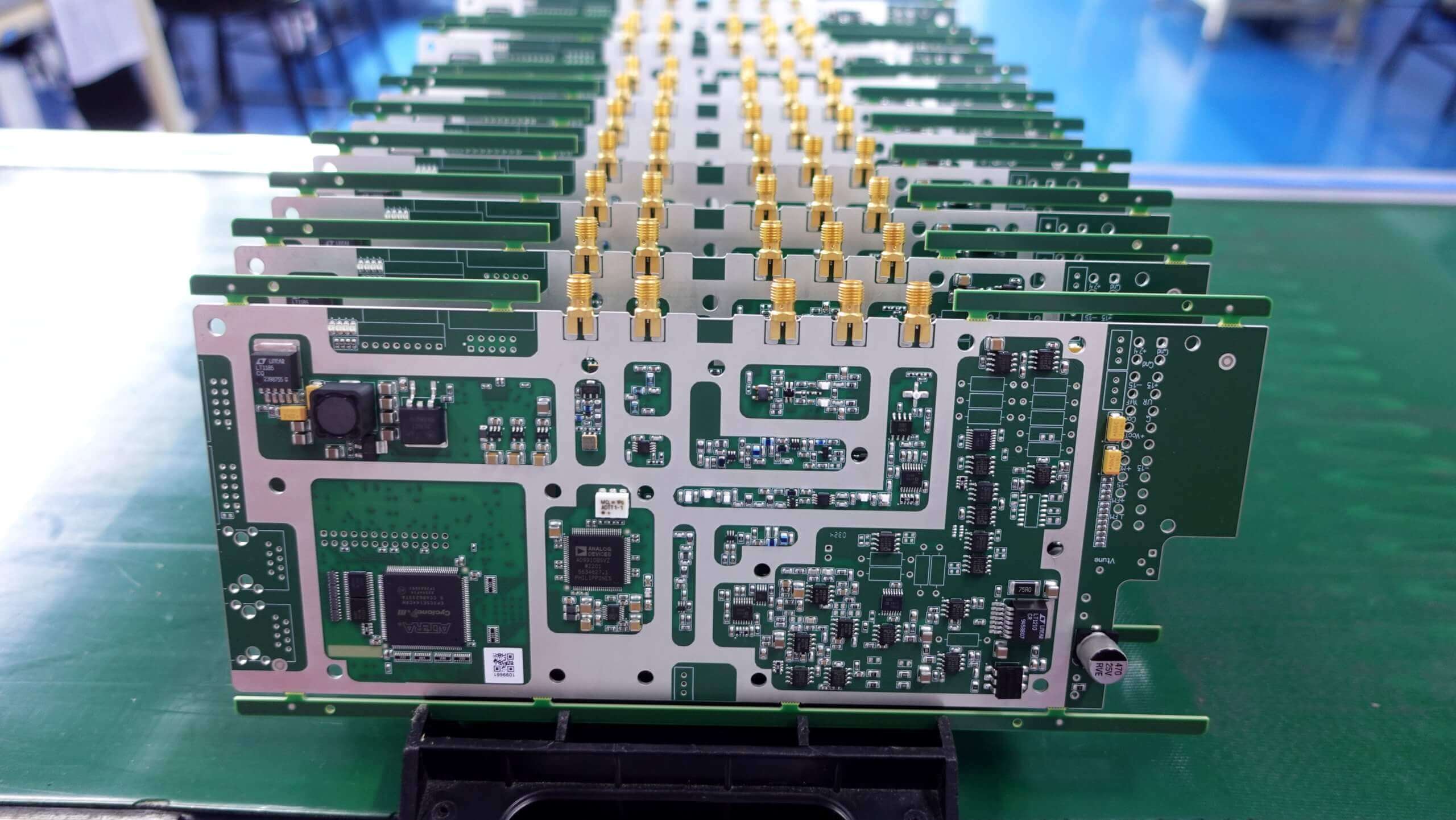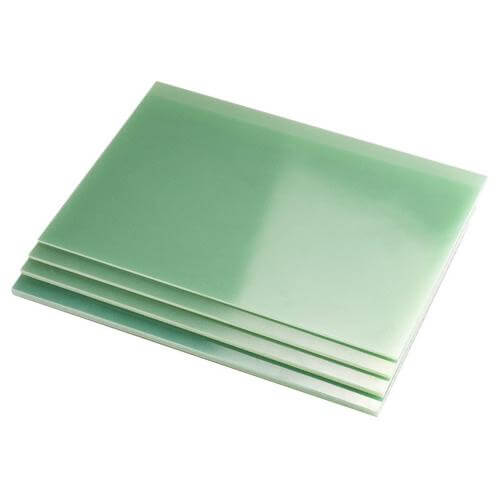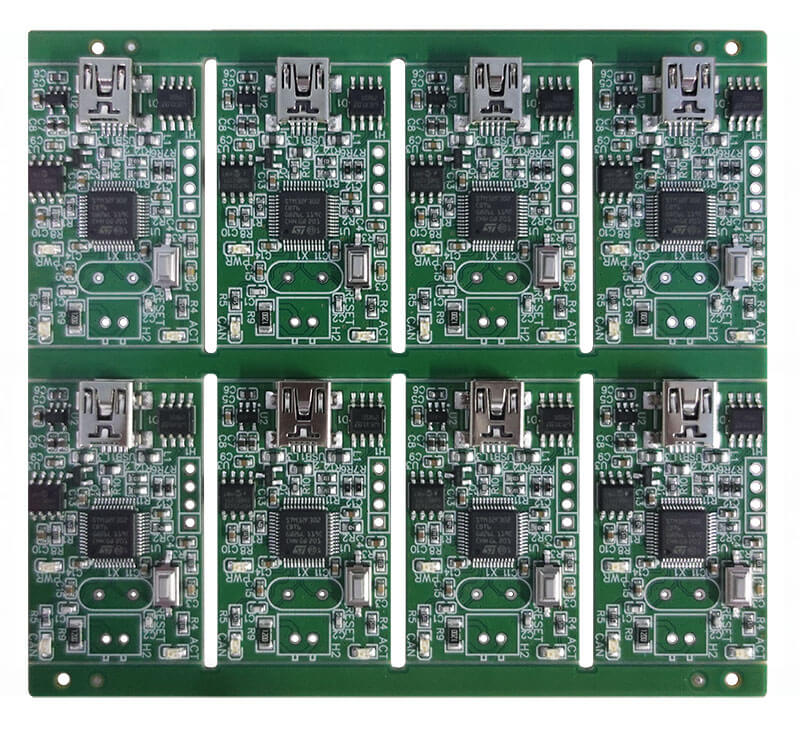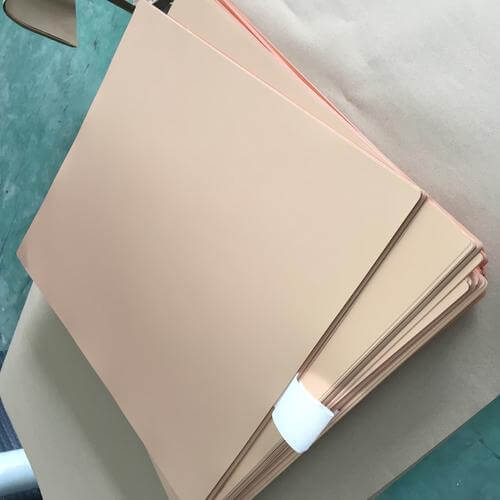Are you working on a PCB design project and looking for a reliable PCB manufacturer? Choosing the right PCB manufacturer is a crucial decision because it may directly affect the success of your project. But then again, there are hundreds of options available, meaning that choosing the right PCB manufacturer can be a tough job.
However, do not worry at all because this guide is here to your rescue. In this article, we are going to discuss some of the most important factors you can consider to choose the proper PCB manufacturer.
So, let’s get started.
Importance of Choosing the Right PCB Manufacturer
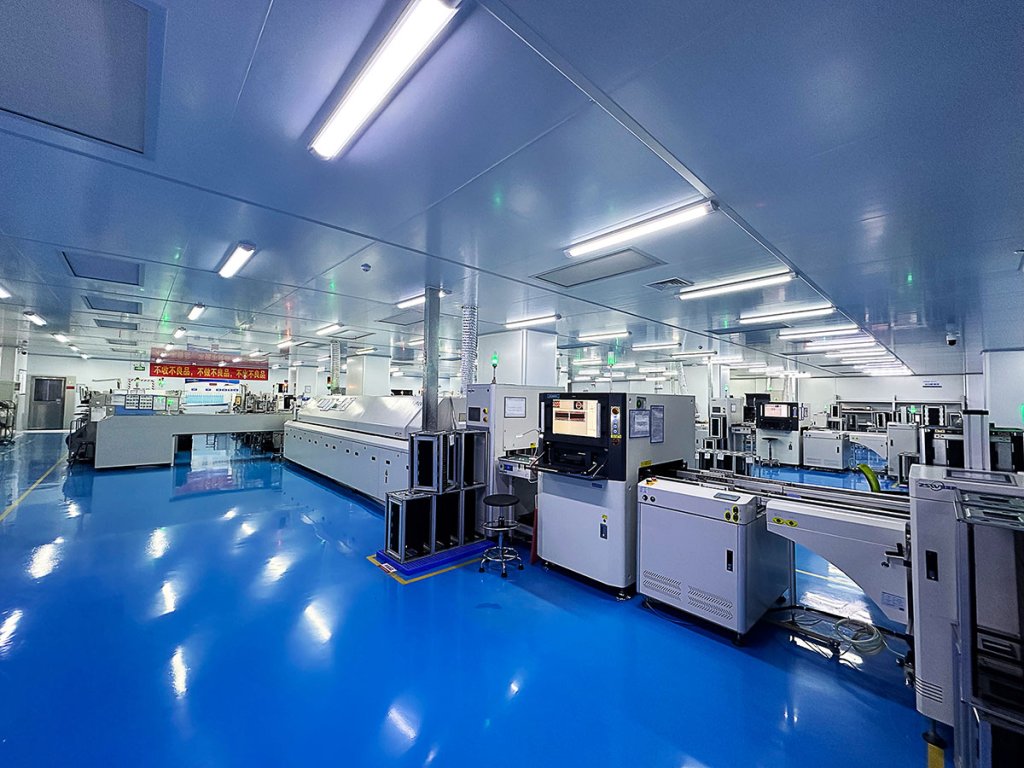
Before getting straight to how to choose the right PCB manufacturer, it’s essential to first understand the importance of doing so.
Well, choosing the right one means getting top-notch quality that matches your project needs. It’s like finding a perfect fit for your puzzle pieces. The manufacturer’s skills and abilities should match what you’re looking for, making sure your project turns out just right.
Now let’s move on to how you can choose the right PCB manufacturer.
Selection Process: Step-by-Step Guide
Here’s a step-by-step process for evaluating and selecting a PCB manufacturer:
1.Define Project Requirements
Get started on knowing what your project needs. Some factors include the complexity of your PCB, the quantity you require, and the turnaround time you want to start with.
2.Research Potential Manufacturers
Begin searching by looking through online directories, asking industry peers for recommendations, and browsing manufacturer websites. In that way, you can compile a list of prospects to examine in more detail regarding their background.
3.Evaluate Manufacturer Capabilities
Evaluate the experience of each manufacturer by researching their history in the past with similar projects. Look into specialization, if any, such as flexible or high-density boards, and whether they have under their aegis advanced technologies that this project might demand.
4.Quality Control and Certifications
You should preferably select manufacturers with quality certifications, such as IPC-A-610, which indicates a commitment to meet industry standards and to ensure product robustness.
5.Production Capacity and Lead Times
Make sure the manufacturer can keep up with your volume of projects and that PCB delivery timelines are met. In other words, you should research their production capabilities and cross-check if they can keep up with all your deadlines and deliver the products on time.
6.Pricing and Services
Compare different manufacturers on pricing models—whether they offer an upfront quote or a custom quote based on the project specification. Also, check if any extra services are provided, like assembly and testing, and the price breakdown is clear.
7.Customer Support and Communication
Evaluate whether the communication channels of the manufacturer are effective and confirm if its responsiveness and availability of technical support are worth it. Reliability in the manufacturer should involve providing accessible customer support to handle any question or concern that might emanate during the manufacturing process.
8.Request for Quote (RFQ)
Provide detailed specifications to manufacturers that have been shortlisted and ask for them to estimate pricing for your project. This way, you can get an idea of what the cost will be and compare how different manufacturers are proposing their solutions.
9.Review and Compare Quotes
Analyze the quotes provided by each manufacturer, considering factors such as pricing, turnaround time, minimum order quantity (MOQ), and warranty terms. This enables you to make an informed decision based on a comprehensive comparison of offerings.
By following these step-by-step guidelines, you can streamline the process of evaluating and selecting a PCB manufacturer, ultimately ensuring the success of your project.
Additional Considerations
Besides the above given process and factors, there are some additional considerations that will also help you:
- Geography and Trade Regulations:Consider how close the manufacturer is to you and, after that, if there are rules that guide the import or export of a material. Being nearby can save on shipping costs and make communication easier.
- Environmental and Social Responsibility:Some people care about how eco-friendly and socially responsible a manufacturer is. So, look into things like recycling efforts and fair labor practices to see if they match your values.
- Long-Term Partnership Potential: Consider if the manufacturer can grow with you. It’s good to go for someone who will handle your future projects and support your business’s growth plans.
Tips and Best Practices
Here are some tips and best practices to further guide you:
- Clearly Communicate Your Needs:State your project requirements clearly in the request for quotation. This will ensure that the manufacturer knows exactly what you want and, as a result, will be bidding against this.
- Ask for References: Ask the manufacturer for references and listen to the voices of past customers with similar experiences. Now, you will be able to judge their reliability and satisfaction levels with the services rendered by the manufacturer.
- Request Samples or Prototypes: Request samples or prototypes of products. This way, the quality of work carried out by that manufacturer can be explored firsthand to make sure it meets your standards before the investment is made.
- Foster Clear Communication:Create a good working relationship with your manufacturer by maintaining transparency in communication and cooperation while the production is being carried out. This will go a long way in preventing misunderstandings and conducting everything smoothly for all parties involved.
Conclusion
So that’s how you can choose the right PCB manufacturer for your project. All you have to do is follow the above-given step by step process and you will end up finding a reliable manufacturer that will help you finish the project on time.

